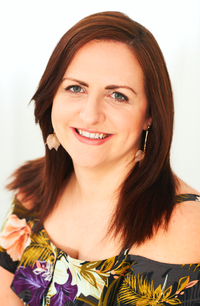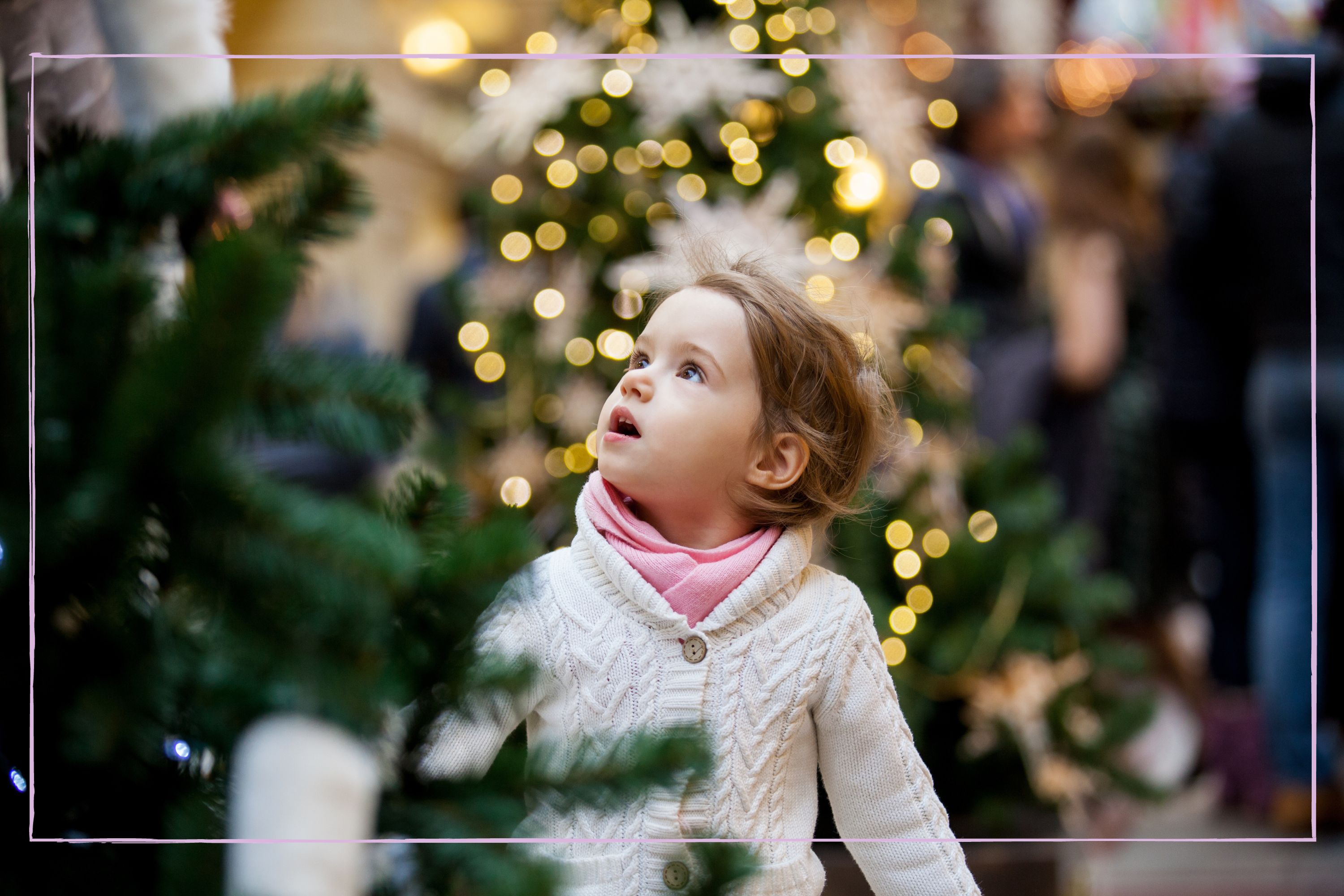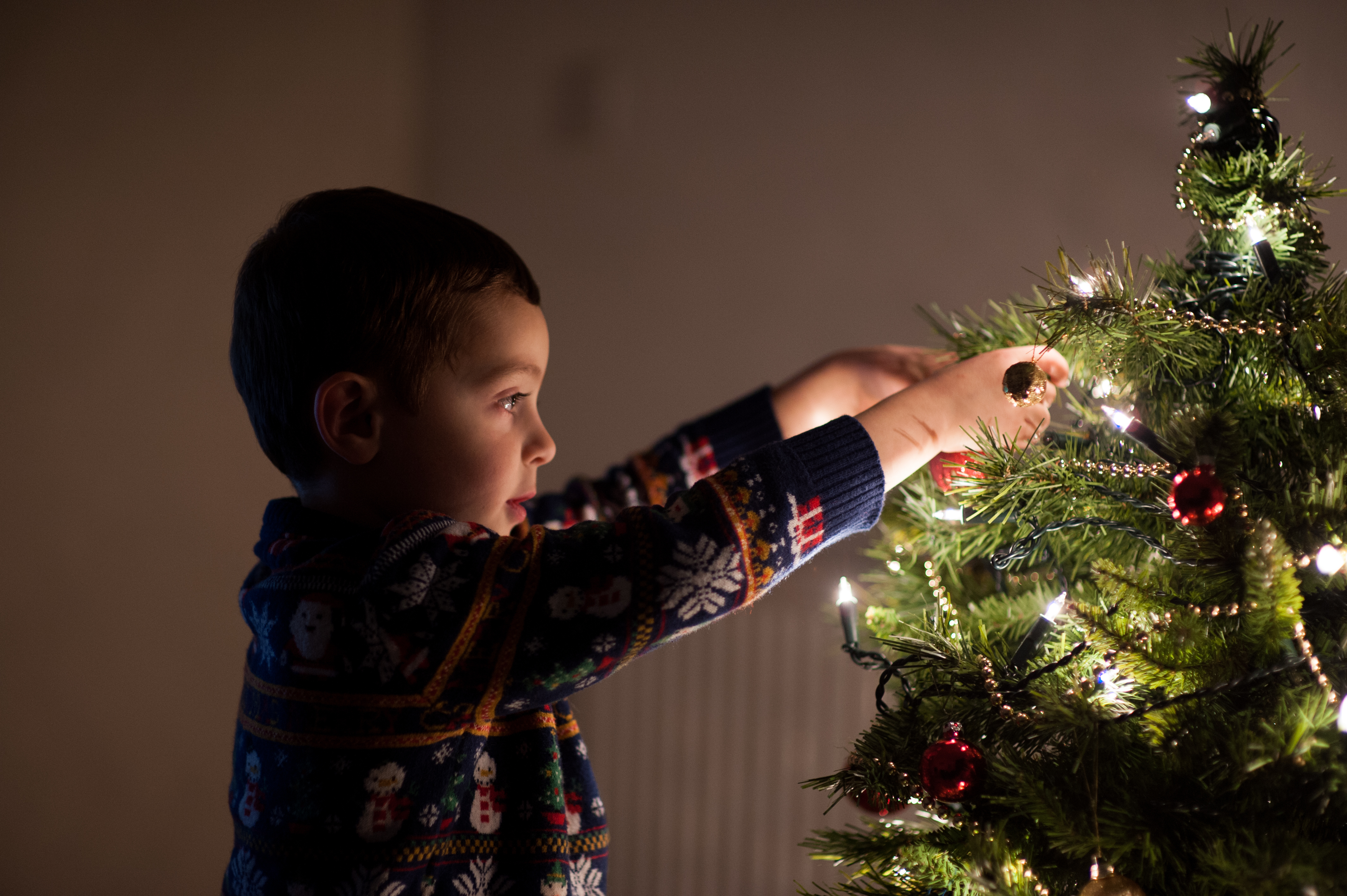Autism at Christmas: 6 steps to prepare your neurodivergent child for the festive season and we think #4 could help every child avoid a meltdown
The change in routine, big events and large crowds can make it a particularly stressful time


Experts have shared six steps to prepare a child with autism for the festive season, and we think #4 could help every child avoid a meltdown.
Christmas is an exciting time of year for most families, with houses trimmed up with sparkly decorations, Christmas songs playing on repeat and indulging in good food with friends and family.
But for those with a child who has a condition on the autistic spectrum, the change in routine, big events, loud noises from top Christmas toys unwrapped on Christmas Day and large crowds can make it feel stressful and overwhelming.
There are still many ways parents can plan for Christmas and make the holidays fun for everyone - it just requires a little more thought and planning.
Tom Purser, head of guidance, volunteering and campaigns at the National Autistic Society, has shared some advice with Goodto helping families navigate Christmas. He said, “We want everyone to be able to enjoy a great Christmas in the way that works for them. Key to this is for parents and carers not to feel pressured into doing things just because “that’s what everyone else does”.
Being autistic means you sometimes see, hear and feel the world in a different, often more intense way. The changes to routine in the festive period and additional social expectations can trigger anxiety, particularly if they’re unexpected. Some autistic people with sensory sensitivities may also find the bright Christmas lights, decorations and different foods difficult or distressing to deal with.
Tom believes that good planning and small adjustments can make all the difference. He advised, “It could be as simple as agreeing a schedule for the Christmas period with the whole family, keeping meal times the same, or making sure there’s a quiet space to relax if someone’s feeling overwhelmed. It’s important to remember that every autistic person is different, so try and involve them in planning wherever possible.”
Parenting advice, hot topics, best buys and family finance tips delivered straight to your inbox.
He added, “Many autistic people can find any kind of change difficult, so preparation and planning are key to making Christmas as enjoyable as possible.
"It can be stressful for busy parents which is why we suggest, wherever possible, to involve your family, friends and any support services in your Christmas plans. This can help take the pressure off and encourage everyone to think about how your family Christmas will look – in advance."
How to prepare for Christmas with a child on the autistic spectrum
Christmas brings about a lot of change to our normal routine, but there are ways to explain what that will mean for your child.
1. Make a Christmas timetable
Use visual aids such as calendars, lists and schedules to help plan your Christmas. The National Autistic Society (NAS) recommends using a calendar or visual timetable to detail what will be happening over Christmas. You can use this to prepare your child for certain events and special days when things will be happening outside the normal routine.
Talk to your child about Christmas in advance, and give them lots of information about the changes they'll see. It can also help to prepare for specific events - for example, if you're going to see Father Christmas, show them a photo of a man dressed as Father Christmas so they know what to expect.

2. Help them visualise the day beforehand
Another idea that some parents find useful is to make a booklet with pictures of Christmas trees, decorations and Christmas food to help your child visualise what might happen on the day. However, it's best to take care as if your child is very literal, as they may become anxious if your own Christmas does not look exactly like it does in the photographs.
If your child is worried about Christmas, you can help them share their concerns by using a worry toy or writing down their feelings in a worry book.
3. Make a schedule for the day
Try and plan for the whole festive break; that way, you can give yourself a couple of quiet days to recoup if needed. As well as a schedule for the big day itself, it can help to incorporate a regular Christmas activity into their routine in the build-up to Christmas, from opening the advent calendar and watching a Christmas film from the Christmas TV schedule 2023, or turning on the Christmas tree lights.
However, you may want to give your child some time not focused on Christmas, which lets you monitor how anxious they are feeling and gives you a chance to make any changes. If there are any moments on Christmas Day or beforehand that you think might be a bit too much, create a Christmas-free zone where they can have a bit of quiet time with a favourite activity where they can take a break if you get overwhelmed.
4. Limit the number of presents
While you might like some of these fun ways to give your kids Christmas presents, setting a limit on the number of presents can help stop your child from getting overwhelmed by the day. The NAS suggests giving one physical present from mum and dad, and perhaps one more from a family member, while others could give money as an alternative.
Even if there's only a couple, give the gifts one by one, rather than all at once, and balance them with a familiar object - for instance, handing over a new toy alongside one they already treasure. Unless your child likes the sensation of unwrapping, there's also no harm in giving the gifts unwrapped.
5. Think about sensitivities that could cause distress
Just like seeing a lot of presents at once, coming home to a house full of decorations and fairy lights can be unsettling. In addition to involving your child in the process of decorating the house, think about sensory sensitivities that could cause you or your loved ones distress or discomfort. For example, you may want to consider buying. a pair of ear defenders (Amazon sell ear defenders for kids), or turning off the Christmas lights at times of potential sensory overload.
While your Christmas decorations will already be up for 2023 festivities, one thing to consider for next year is that children with autism will find it less of a shock when they all appear and reduce the chance of getting upset if you take them along when you're shopping for decorations and let them see and handle them before they're hung.
You could try putting up the decorations gradually while keeping some decorations away from communal areas - Christmas lights might be a bit too much for the living room, for example, but could still go in the bedrooms.

6. Attend autism-friendly events
Christmas is the time of year when you're likely to be getting out and about more than usual, and the large crowds and busy streets can be an issue.
However, there are lots of events, performances and cinema screenings that go on at Christmas that are specifically suited for children with additional needs.
Tom said, "We find that lots of places offer relaxed or autism-friendly pantomimes and quiet Father Christmas visits but the best thing to do is check with what is happening locally to you. Even if they don’t have specific autism-friendly times, you can ask the best time to visit when it’s quieter or less busy.
“It’s important to remember that every autistic person is different, so parents and carers need to think about what works for themselves and their child. Some autistic people like to go all-in at Christmas and celebrate in every way possible, whereas some completely avoid it - our advice is to do what works for you with no pressure to do it the ‘right’ way.”
If you’re visiting family and friends, tell them about anything that could help make your visit as stress-free as possible. For instance, turning off Christmas lights, letting you know in advance what the food will be and having a quiet space to escape to.”
Advice for managing loved ones who may not fully understand autism
- “Communication is really important. Speak to all loved ones involved in your Christmas celebrations and explain how you will be celebrating. This is particularly important if the autistic person has a strong need for a routine or a schedule."
- “There are certain things that non-autistic family members may not fully understand, like the complex issue of the present. This can be overwhelming for autistic people - the number of them, the wrapping and unwrapping them; the unclear expectations about how to respond after receiving a present."
- “Try sharing a list with family and friends. Tell them in advance what your preference is for the number of presents or what you would like to receive. This can remove any element of surprise. Some autistic people can also experience distress with sensory sensitivities, so explain to loved ones if it’s better to leave presents unwrapped."
You can find more tips and advice on how to enjoy an autism-friendly Christmas by visiting our website autism.co.uk for Christmas Tips and other Christmas Resources.
In other family news, Can childhood memories shape who we are? Plus, what are core memories and how to make them and did you know 'Parents should talk and sing to their babies as much as possible' - why experts think this is key for language development and it's never too early to start.

Selina is a Senior Family Writer for GoodtoKnow and has more than 16 years years of experience. She specialises in royal family news, including the latest activities of Prince George, Charlotte, Louis, Archie and Lilibet. She also covers the latest government, health and charity advice for families. Selina graduated from the University of Sheffield in 2006 with a degree in Journalism, and gained her NCTJ and NCE qualifications. During her career, she’s also written for Woman, Woman's Own, Woman&Home, and Woman's Weekly as well as Heat magazine, Bang Showbiz - and the Scunthorpe Telegraph. When she's not covering family news, you can find her exploring new countryside walking routes, catching up with friends over good food, or making memories (including award-winning scarecrows!)